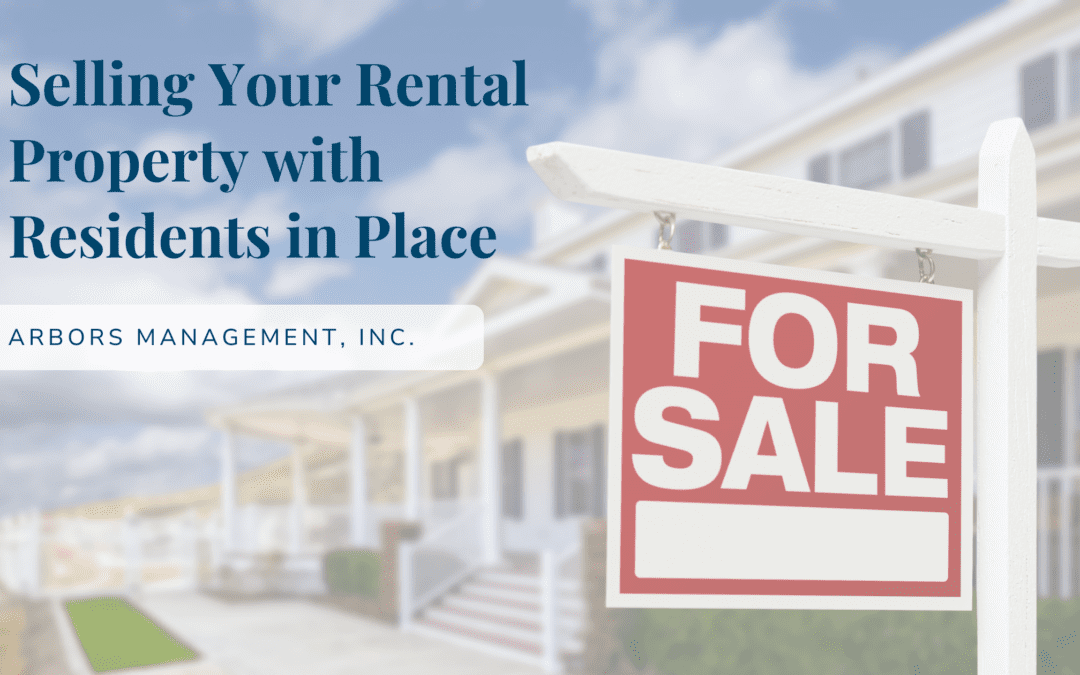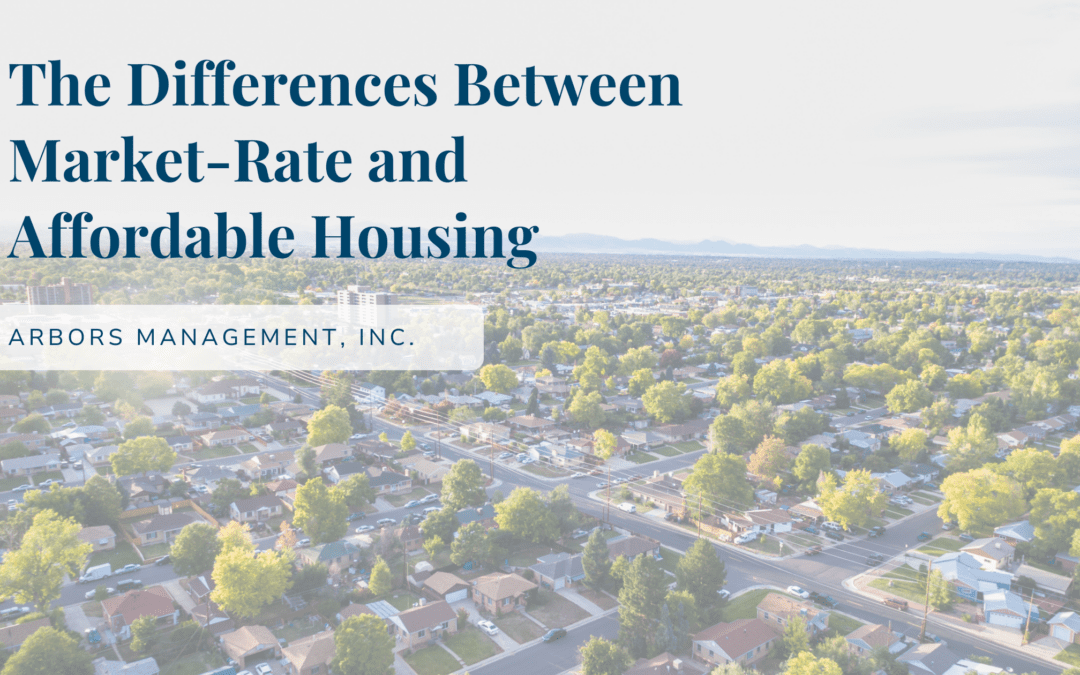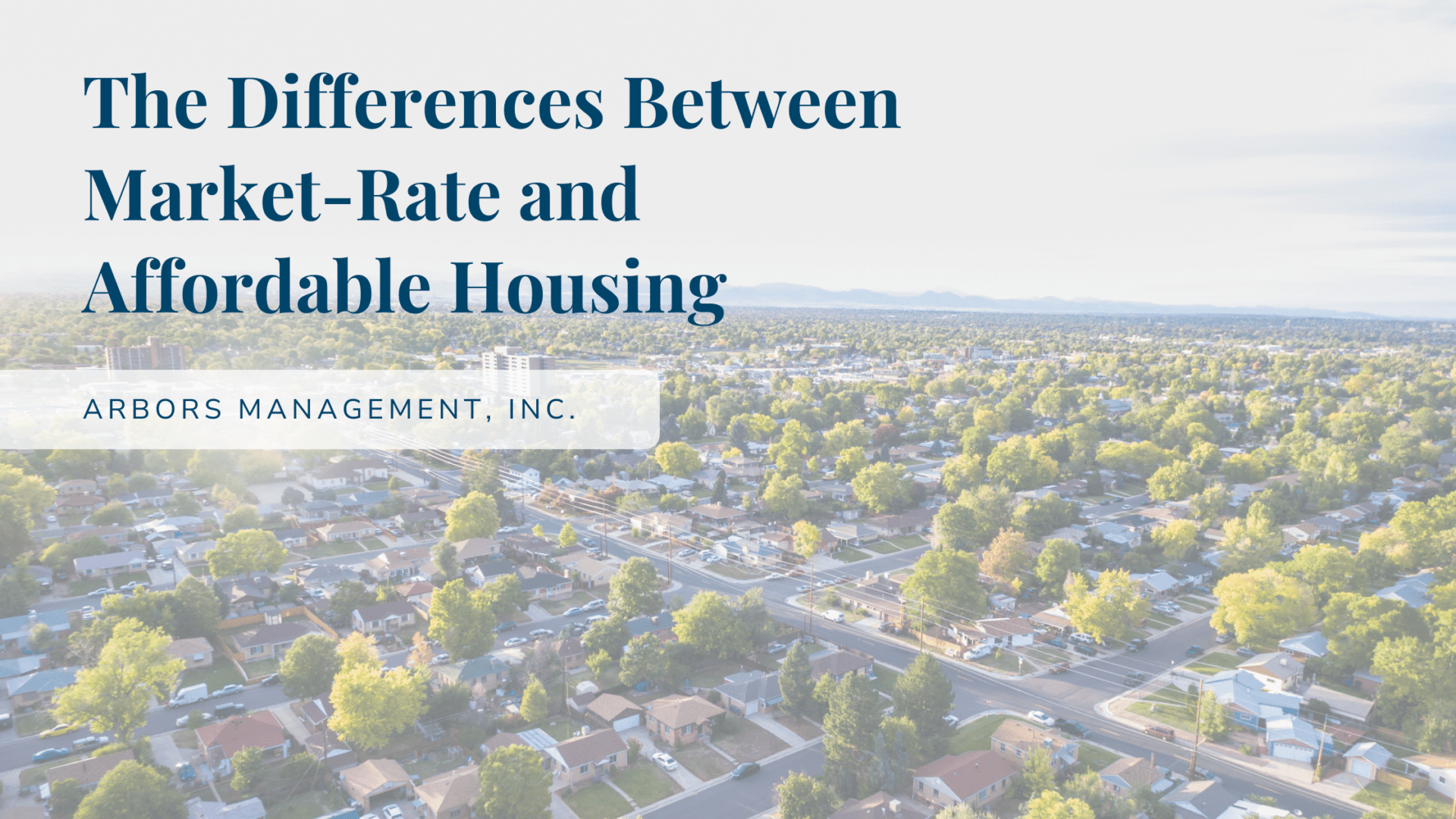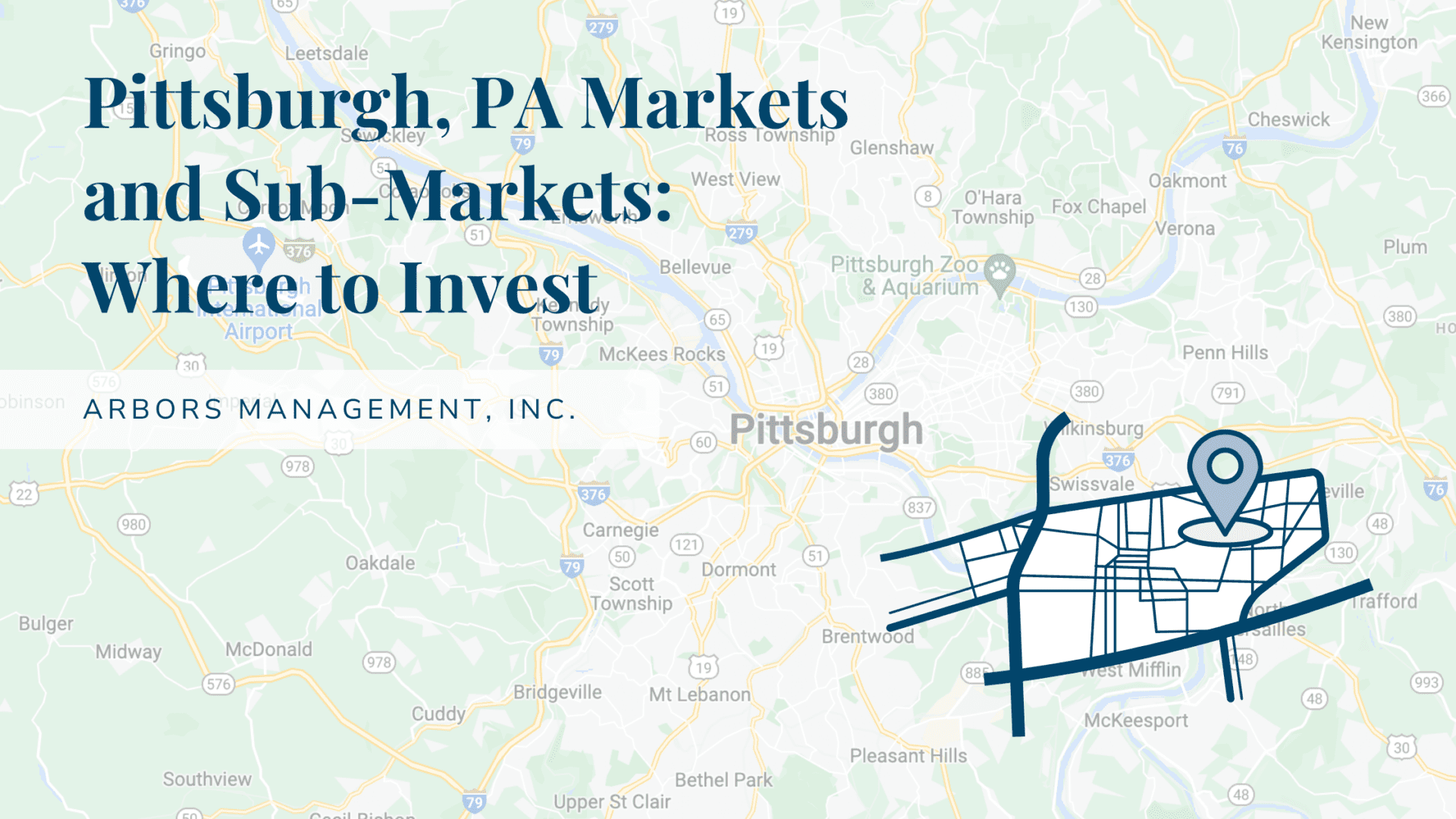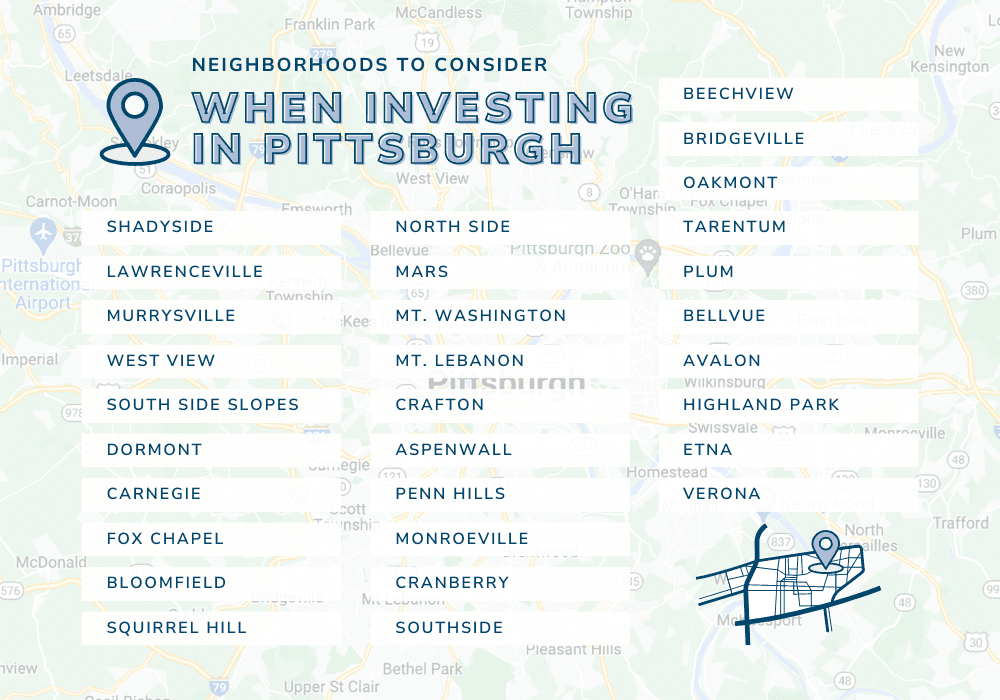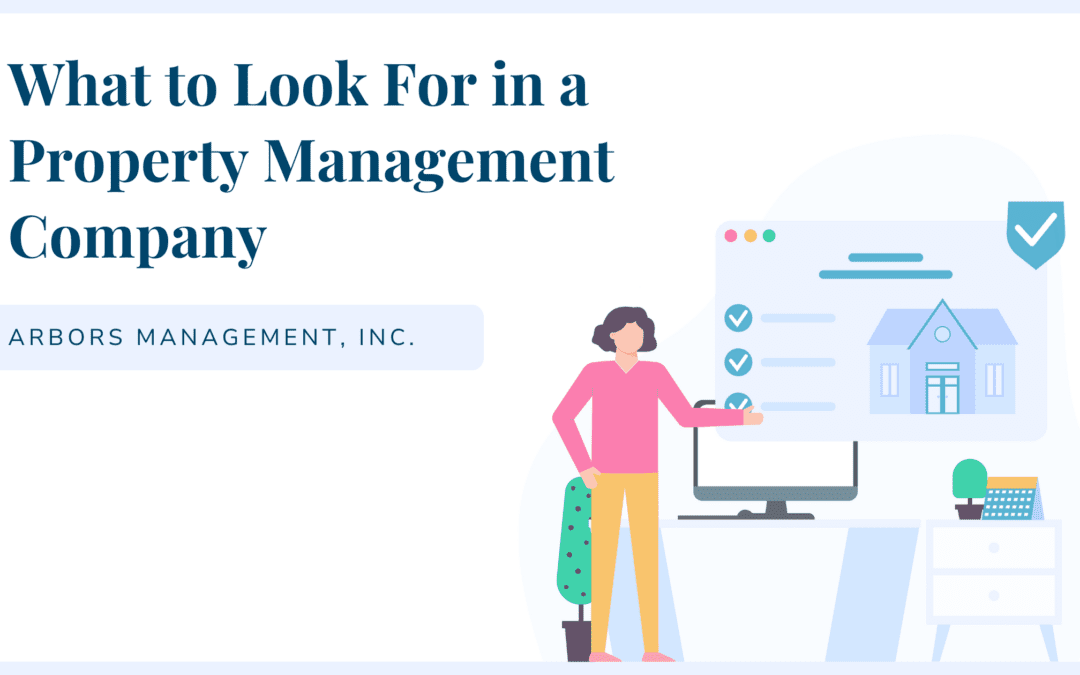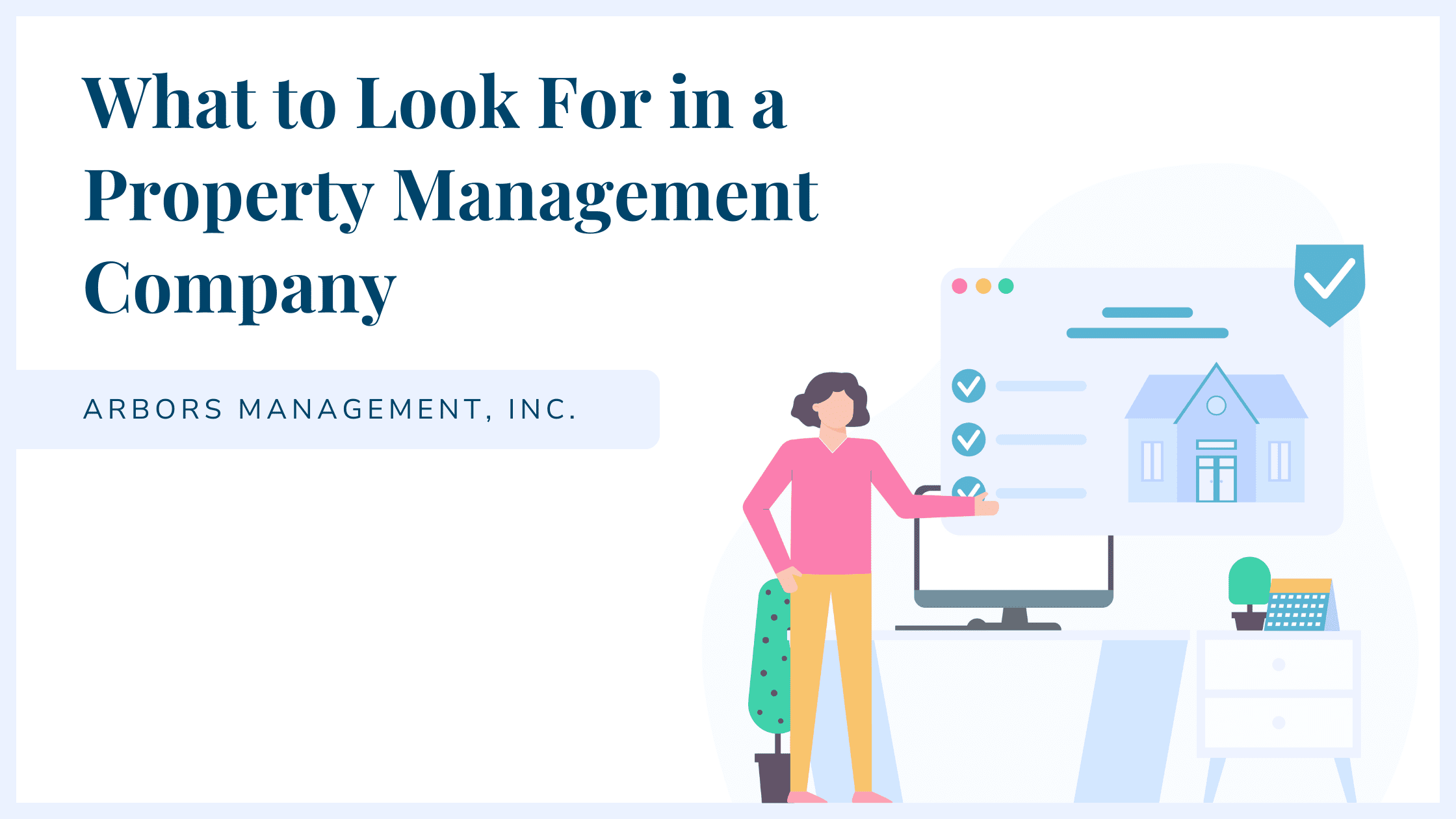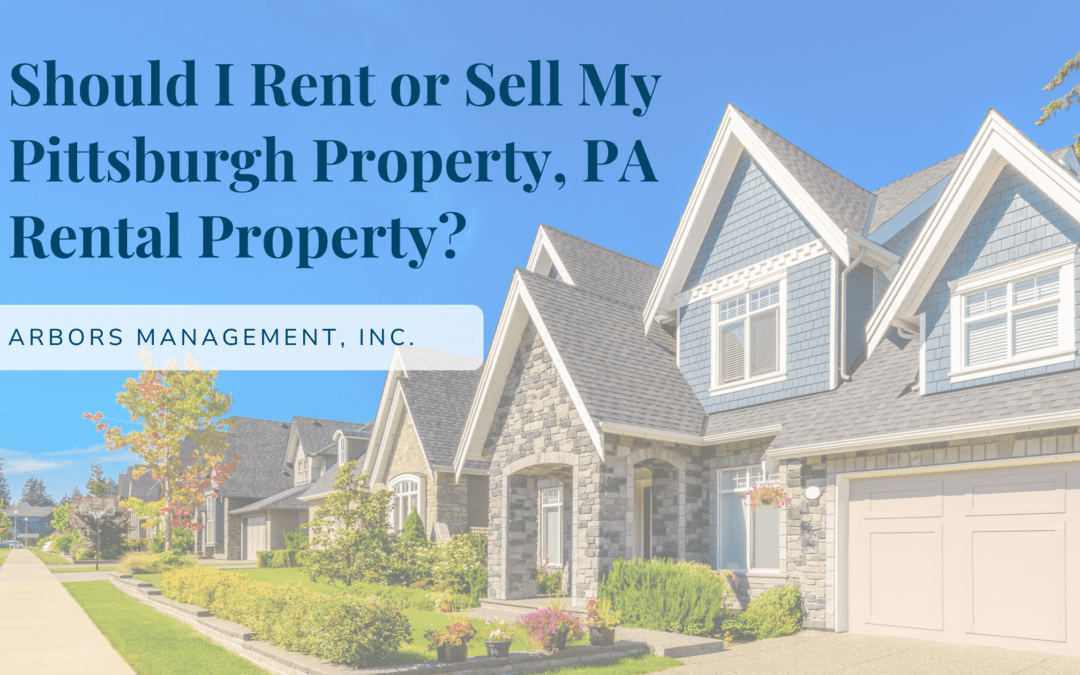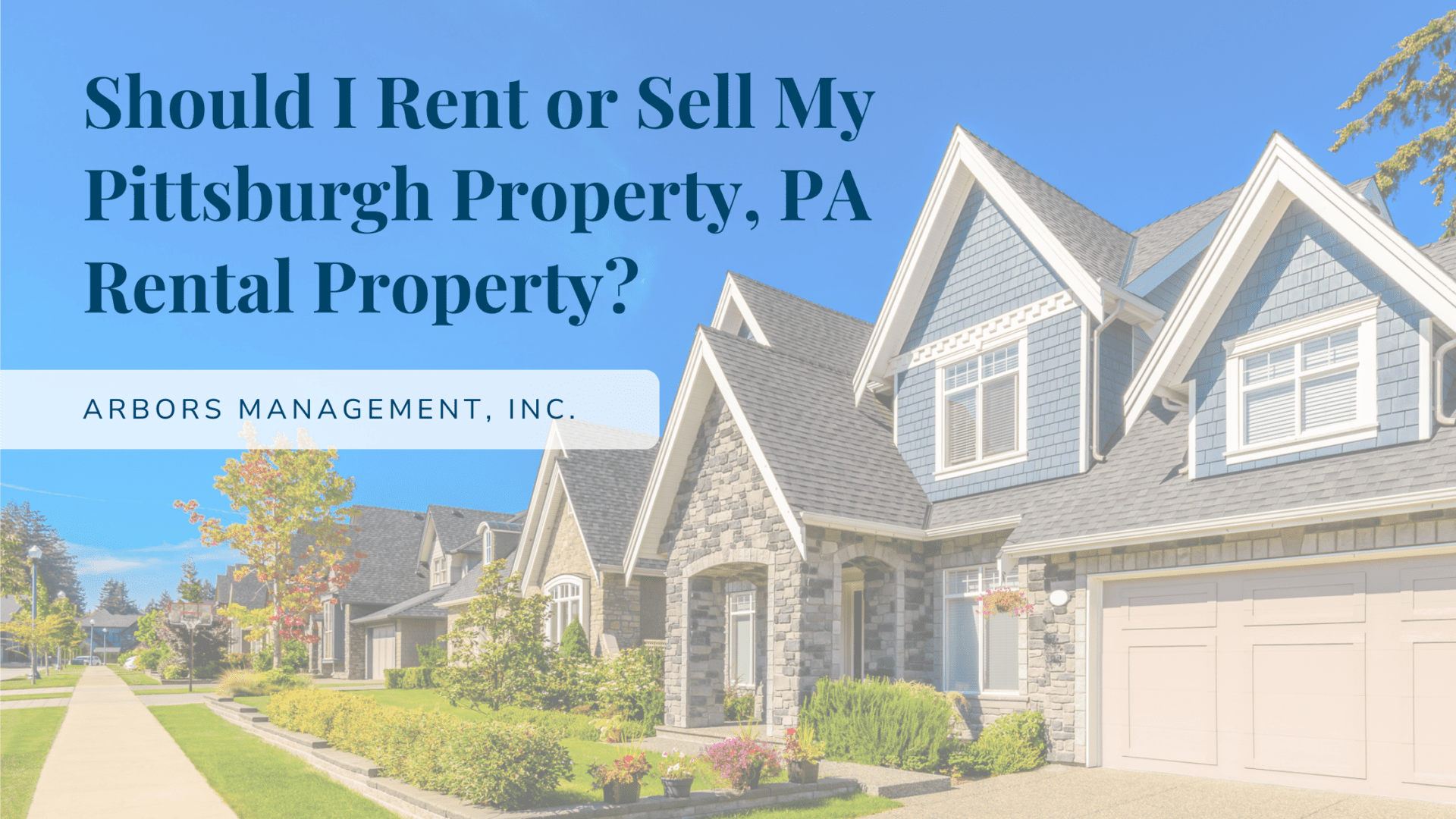
by Nicole Scimio | Sep 26, 2024 | Blog, Investment Rental Property, Owner Resources, Property Management Education, Uncategorized
Selling Your Rental Property with Residents in Place
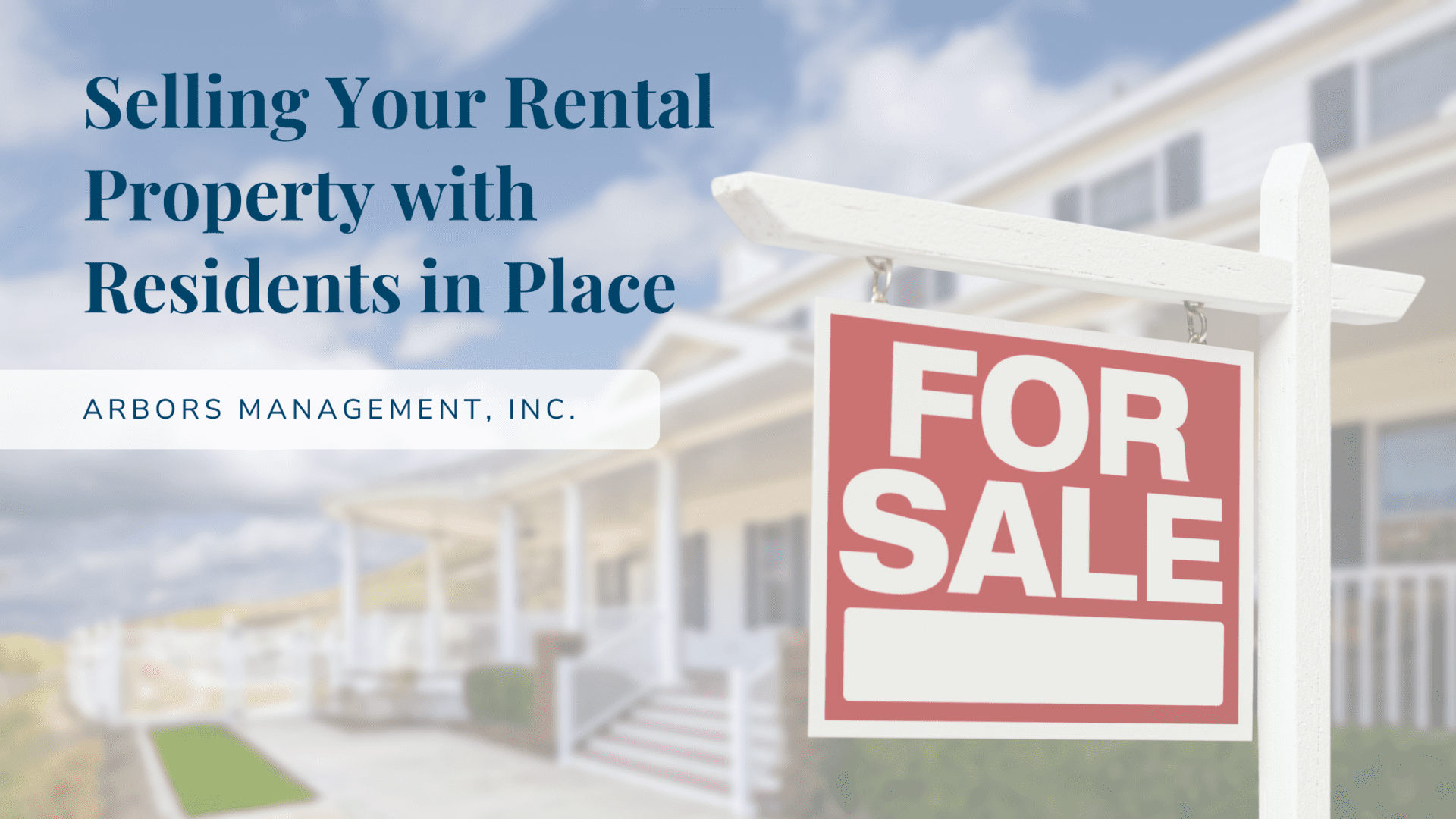
Do I Want to Sell My Rental Property?
If you own an investment property, it’s probably safe to say that at one point or another, you may have considered selling it, depending on how the market is fluctuating.
When considering whether or not to sell your investment property, one of the questions that will inevitably come up is, “Should I sell with or without my residents in place? And what happens to them when I do sell?”
This article will serve as a guide to help answer those questions and help you make an informed decision.
Selling a Single-Family Home with Residents in Place vs. Not in Place
If you own a single-family home and it’s being rented with residents in place, the value of the property is going to be dependent on the rental amount if you’re selling it to another investor.
With that being said, the value of the property for an owner-occupant (someone who will both own and occupy the home) would be more along the lines of what the market will determine.
If the property is located in an attractive market with high home values, you may be better off waiting until the property is vacant and selling it to someone who intends to move into the property and live there, as it may be more valuable to them in that scenario.
If the property is in a less desirable location with low home values, the rental amount might provide a higher value to an investor than it would someone looking to live in the property.
In this case, it may be beneficial for you to keep the resident in place because it would be as if you’re buying an income stream/cash flow.
Selling a MultiFamily Home with Residents in Place vs. Not in Place
For multifamily properties, their value is often evaluated based on the rental income they can produce.
So the higher the rents the property can generate, the higher the value of the property.
So in this scenario, it’s beneficial for the seller to increase rents as much as possible in their market, and have a fully occupied property when selling because that will give them the highest value for the property.
If your rents are significantly below market rate rents, it may be beneficial to terminate leases or transition them to month to month leases because the new owner will see that as an opportunity to increase the rents, or lease the units at the higher market-rate value.
Advantages & Disadvantages of Selling an Investment Property with Residents in Place – Single-Family Properties vs. MultiFamily Properties
Selling Your Rental Property with Residents in Place
|
| Single-Family Properties |
MultiFamily Properties |
| Advantages |
Disadvantages |
Advantages |
Disadvantages |
| – If the property is in a majority rental neighborhood, and the price point of the property allows the investor to purchase the property and cash flow with the current rental income, then the property will be attractive to an investor interested in single family home rentals
– If the lease is within 60 days of expiring and the tenants are moving out, then it could allow for a sale to a new owner occupant reducing your vacancy period
– Continue to collect rent & cash flow until the property is sold |
– Scheduling showings, inspections, appraisals, etc. with the tenant can be difficult and could lead to delays in ability to sell or close on the property
– Potential for poor showing conditions (dirty, unkept, messy, loud, etc.)
– Multiple showings will disrupt tenants’ lives, potentially causing them to want to leave
– Most single family homes sell at their best price to owner occupants, not investors |
– High rental income can make the property worth more
– Attractive to an investor looking for a “turnkey” investment property
– Continue to collect rent & cash flow until the property is sold
– A fully occupied multi-unit proves the marketability/rentability of the property to the new owner |
– Lower than market rents could cause the property to be undervalued
– Scheduling showings, inspections, appraisals, with the tenant can be difficult and could lead to delays in ability to sell or close on the property
– Cannot sell to a buyer who wants to live in one of the units
– If tenants are not paying their rent, it could be difficult to attract a buyer |
What Happens to the Current Lease – Do I Have to Kick My Resident Out?
This may vary from state to state and you’ll want to check the lease terms. However, here in Pennsylvania, the leases will transfer to the new owner in the event of a sale.
This means that you do not need to terminate the lease or evict the resident in order to sell your property.
Just keep in mind the best case scenarios that we outlined above on your particular situation to determine if it’s best for you to keep the resident in place or not.
The Challenges of Selling a Property with a Resident in Place
But as with all things, there will definitely be a few challenges in the process.
Some things that could be difficult if you sell your property with a resident in place are:
- You’re going to have to provide notice to the resident for any showings
- You’ll have to show the property with all of the resident’s personal belongings in place
- You’ll need to provide copies of the lease and payment history to the new owner
- Uncertainty around resident’s future
- If the resident has pets, it could cause accessibility concerns
- The resident might not like having their personal space entered during the sales process
- Showings, inspections, appraisals, etc.
All in All
If you decide that you want to sell your investment property with a resident currently in it, we hope this article gives you some of the advantages and disadvantages of doing so.
But ultimately, you have to make the right decision for you.
If you need any guidance in making this decision, we are here to help!
In order to best serve our clients, Arbors management, Inc. has created a sales division, Arbors Real Estate. If you are interested in selling your rental property with a resident in it, this is something that we specialize in and are well versed in the challenges that come along with doing so. We would be happy to discuss the details of your property with you. Please don’t hesitate to give us a call!

by Nicole Scimio | Jul 24, 2024 | Blog, Investment Rental Property, Owner Resources, Property Management Education, Uncategorized

Investing in Rental Properties
So, you’ve decided that you want to invest in rental properties, but aren’t exactly sure what kind of property is right for you. Don’t worry, we’re here to help!
To make it as simple as possible, you have essentially 3 different asset classes to choose from:
The purpose of this article is to explain each type of the 3 main asset classes when investing in rental properties, cover the pros and cons of each, and hopefully help you decide what’s right for your investment needs.
Single-Family Property
Definition: A single-family home is a free standing residential building designed to be used as a single-dwelling unit.
Pros of Single-Family Properties:
- Tend to attract renters who stay longer, reducing turnover
- You’re often able to make the resident responsible for utility expenses
- The value of the property is not necessarily dependent on the rental income that it generates
- Fairly easy to sell
- Widely available
- Will potential rent at a higher rate than a multi-family counterpart
- Resident usually responsible for all landscaping and snow removal at the property
Cons of Single-Family Properties:
- When you do have turnover, there’s only one unit so you have zero income from that property during turnover
- They’re typically more expensive on a per-unit basis because you’re only purchasing one unit (for the same price as a duplex, for example)
Multi-Family Property
Definition: A multi-family property is a property with 2 or more residential units.
Pros of Multi-Family Properties:
- You can typically realize efficiencies of scale – you have one roof over multiple units
- Each unit often has the same floor plan as well
- Turnover time tends to be lower because they’re usually smaller than single-family
- Typically easy to rent – there will always be someone looking for a one bedroom apartment
- Cost per unit to purchase tends to be lower than single-family
- If one of the units is vacant, you still have the ability to generate rental income from the other occupied unit(s)
Cons of Multi-Family Properties:
- Often more difficult to find
- Typically smaller units, which lead to higher turnover rates (usually only 1-2 bedrooms)
- Attracts singles or someone with a roommate, shorter overall average residency
- Often have shared utility expenses
- For example, one water meter for a two-unit duplex
- Value of the property is oftentimes directly correlated to the income that the property generates
- Value of property directly relates to rental prices you have (value depending on the rent)
- Increased risk of disputes between tenants
- Usually shared common spaces
- Shared lawn or shared sidewalk means owner is responsible for snow removal and lawn care
Condominiums (Condos)
Definition: Condominiums (or condos, for short) are an ownership structure whereby a building is divided into several units that are each separately owned (via Wikipedia.com).
Pros of Condominiums:
- HOA fees – oftentimes, they’re inclusive of exterior maintenance (roof leak, condo association will pay for it) making monthly expenses more predictable
- Don’t have to worry about landscaping
- Neighbors are more likely to have higher level of respect for the property giving a greater sense of community
- Oftentimes in desirable locations
- Could lead to making units more attractive to potential renters
- Some offer amenities like a gym, pool, tennis court, etc.
- Another factor that can make units more attractive to potential renters
Cons of Condominiums:
- HOA fees – could cut into monthly cash flow
- Sometimes the HOA has limitations or restrictions on how many units can be rented within the association or imposes fees for rental registration
- Can be difficult to insure
- Shared common areas or shared walls with other condo owners
- An elected HOA board makes the decisions for the community, politics are often involved
Overall…
When choosing an asset class to invest in, there are pros and cons to each.
As an investor, you have to evaluate each of those and determine what’s best for your particular investment strategy.
However, if you’d like to discuss any of this further, or need help finding out which type of asset class is the best option for you and your investment strategy, please contact us for a free consultation!

by Nicole Scimio | Jun 20, 2024 | Blog, Investment Rental Property, Low Income Tax Credit Housing, Owner Resources, Project Based Section 8 Housing, Property Management Education, Tenant Education

The Differences Between Market-Rate and Affordable Housing
If you’ve been involved in the housing industry for any period of time, you’ve probably heard the terms “market-rate housing” and “affordable housing.” But what exactly is the difference between the two? Don’t worry, we’ll break it down for you.
Market-Rate Housing
Market-Rate Housing is also known as conventional housing. This just means that the property does not have any type of subsidy, and the resident pays the full amount of the rent that is determined by the market.
Attributes of Market-Rate Housing:
- The lease terms are customizable
- No restrictions on additional services and fees you are able to provide to the tenant
- You can non-renew a lease for any reason
- The rent is not guaranteed (residents may or may not pay, might be late on rent)
- Late payments/refusal to pay could lead to eviction
- You can create your own screening criteria
- There’s no limit on the rental amount that you can charge
- Rent is dictated by what someone is willing to pay for the unit
If you want to check out our available market-rate properties, click here.
Affordable Housing
Affordable Housing is also known as subsidized housing, meaning that the property is receiving a subsidy from a governmental agency whereby the resident is only responsible for a portion of the rent. This portion of the rent that they owe is typically based on their income.
Attributes of Affordable Housing:
- Lease terms are subject to the agency issuing the subsidy
- The rental subsidy payments may be subject to property inspections from the agency
- You are limited in reasons for non-renewing a lease
- The rent is guaranteed by the agency issuing the subsidy
- Your screening criteria is also dependent on the agency that’s issuing the subsidy
- The rental amount is dictated by the agency that’s issuing the subsidy
- There are income restrictions for residents to qualify
If you want to learn more about the different types of Section 8, check out this blog post.
If you want to check out our available affordable housing properties, click here.
All in All
Whether the property is market-rate or affordable housing, our primary goal is still the same: to provide safe and habitable housing for all of our residents, as well as professional management services to meet our clients’ goals for any property that we manage.
We have 40+ years of expertise in all aspects of housing in and around the Pittsburgh area, Western Pennsylvania, and West Virginia, so if you have any questions, feel free to contact us!

by Arbors Management, Inc. | Aug 9, 2019 | Investment Rental Property, Property Management Education

The Pittsburgh Housing Market
There are plenty of excellent reasons to invest in Real Estate in Pittsburgh:
- Pittsburgh is diverse
- Pittsburgh is growing and desirable
- Plenty of good school districts nearby
- Pittsburgh real estate is generally affordable
The list could go on and on!
Whether you’re local to the area or from out of state and looking for an investment property, you can find some thriving submarkets in and around Pittsburgh.
Today, we’re talking about what you should buy and where you should buy when considering a Pittsburgh investment property.
Investing in Pittsburgh: Market Strength
Housing prices are on the rise in Pittsburgh, but the buy-in that investors face is still much lower than in other east coast cities.
Pittsburgh neighborhoods have undergone a lot of revitalization in the last few years, and the economy is growing.
More people are moving into the area and unemployment is lower than the state average.
There’s a growing tech industry in the city thanks to companies like Google, Apple, Uber, and Facebook setting up shop.
The medical centers and universities are putting Pittsburgh on the map in new ways, and smart investors are taking note.
Pittsburgh Neighborhoods to Consider
When you’re looking for a Pittsburgh investment property, you’ll need to consider your investment goals and the importance of location.
When we’re talking to investors, whether they’re looking for their first rental home or an additional property to add to a growing portfolio, we always recommend neighborhoods with outstanding resident pools and the potential for long term gains.
Some of those neighborhoods we recommend are:

Pittsburgh Neighborhoods to Avoid
As your property management partners, we care about the investment decisions that you make and are happy to be involved from the beginning.
If you’re considering purchasing a home in Pittsburgh, reach out to us to get our insights on the neighborhood – we’ll give you our honest feedback.
Types of Homes to Buy
When you’re looking for a great investment property in Pittsburgh, remember that your goal is to get it onto the market as soon as possible – an unoccupied rental home is an expensive rental home.
So, look for properties that are in good shape.
Cosmetic upgrades often just take a few days, and it’s fine to buy a home that needs new paint or better flooring.
Don’t bother with properties that will require heavy renovations and rehab work; you’ll lose too much money on vacancy costs, and you may not recoup what you spend bringing it up to habitability standards.
40+ Years of Experience in the Pittsburgh Housing Market
With over 40 years of experience in the Pittsburgh housing market, we’ve learned a thing or two – we’d be more than happy to discuss your options as a potential or current owner in Western Pennsylvania!
For more information or a free consultation, please contact us at Arbors Management.

by Arbors Management, Inc. | Jul 10, 2019 | Blog, Investment Rental Property, Property Management Education

What to Look for In a Property Management Company in Pittsburgh, PA
Property managers often get a bad rap. Why?
Because until recently, the work of a property manager wasn’t taken seriously.
The industry was undeveloped and there wasn’t a lot of training and technology, which led to distrust and bad practices.
But, things are changing.
There’s been a lot of innovation and investment in the property management field, and the best property managers today are doing a lot more than collecting rent and placing residents. We’re managing assets.
(more…)

by Arbors Management, Inc. | Jun 10, 2019 | Blog, Investment Rental Property, Property Management Education

So Which Is Best: Renting Out or Selling My Home?
We frequently talk to homeowners in Pittsburgh who are moving into a different home or leaving the area for work or other responsibilities who aren’t sure what to do with their property.
Deciding whether you want to sell or rent out your property is a very personal decision and there’s no single answer.
Your decision will depend on a number of factors – contrary to what you might believe, though, not all of these factors involve finances!
Today, we’re going to share some of the points we talk through with owners who are deciding between renting out or selling their home.
#1: Consider Short and Long Term Financial Goals and Needs
If you need some immediate cash fast, it’s better to sell your property.
Renting out a home can build wealth and earn you incredible profits, but it’s not going to happen right away.
You need to settle into a long term investment strategy in order to make real money.
So, if you’re looking for money to use as a down payment on a new home, you want to invest elsewhere, put a child through college, etc.; selling is better for you right now.
However, when you don’t have an immediate need for the equity that’s in your property, it might be better for your financial future to rent out the home.
You’ll earn some regular cash flow and hold onto your asset while it continues to appreciate in value.
Long term investors will earn more by renting out the property.
#2: Think About the Value of a Great Tenant and a Maintained Home
As a rental property, your home has the potential to earn your regular income.
A property with positive cash flow has higher earnings than expenses.
For example:
if you rent out your home for $1,500/month, your mortgage payment is $800 per month, and your taxes, insurance, and other expenses add up to $300 a month, you’re earning a pretty healthy cash flow.
$1,500 / month Your rental rate
-$800 / month Mortgage payment
-$300 / month Taxes, insurance, other expenses
$400 / month Cash flow
Even if you’re breaking even with your income and expenses, remember that there are still several benefits to renting out your property:
- Your resident is paying down your mortgage
- Your asset is increasing in value
- Your resident is taking care of the property
If you’re preserving the condition of your property and keeping it occupied with great residents who pay rent on time and follow the terms of your lease, a rental will provide income and ROI for as long as you own it.
#3: Consider Renting the Property for Tax Benefits
Don’t forget the tax benefits of renting out a property!
When you sell a home, you may have capital gains taxes to absorb.
However, when you rent out your property, you can protect yourself from a lot of tax liability.
Depreciation is a deduction you can take, and you can also deduct the costs of maintaining your home.
Additionally, professional services like property management are tax-deductible.
#4: Don’t Forget to Take Emotions into Account
When it comes to a home, there are also some emotional elements involved.
If you can’t bear the thought of someone else living in your home while you’re still attached to it, it may be better to sell and move on.
If you might return to the Pittsburgh area at some point in the future, keep it so you have a place to live when you come back.
We’re Here to Help
We’d be happy to talk through these issues with you, and to figure out the solution that will make the most sense for your bottom line and your peace of mind.
Contact us at Arbors Management today!
